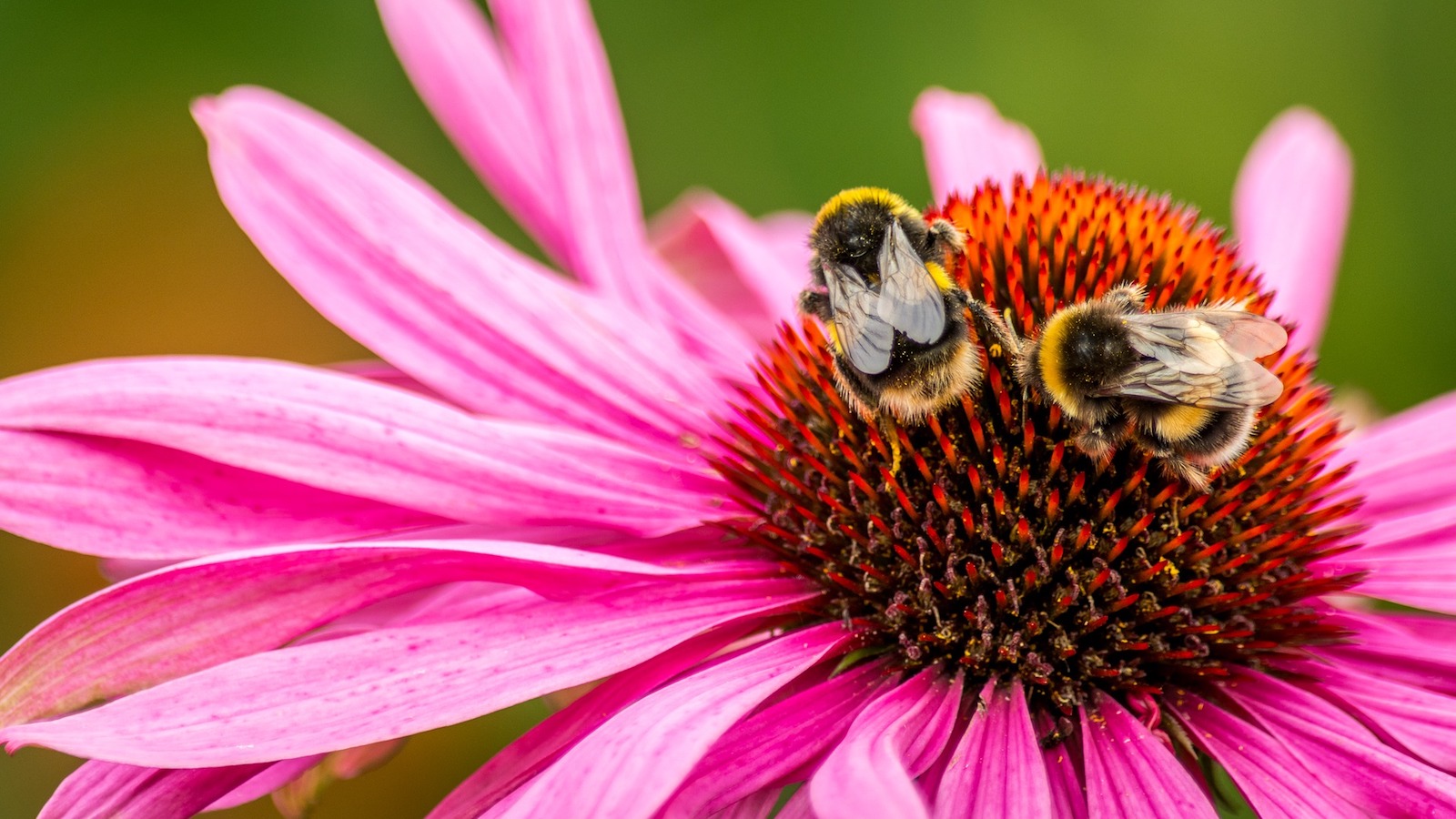
3 ways neonic pesticides are harming bees
Neonicotinoid pesticides are called “bee-killing pesticides” for a reason. But what exactly do they do to bees?
We are working to save the bees - from asking Amazon to stop selling bee-killing pesticides to sharing bee-friendly garden tips - and you can help.
Bees play a crucial role in our lives. But as our society uses more pesticides, their populations are plummeting. Fortunately, we know how to help them: protecting already-existing bee habitat, expanding habitat by planting pollinator-friendly plants in our own gardens and on public lands, and ending the worst uses of the pesticides that are killing them. Together, we can save the bees.
Neonicotinoid pesticides are called “bee-killing pesticides” for a reason. But what exactly do they do to bees?
TAKE ACTION
Learn more about the ways our world relies on bees.
Bees are essential to agriculture. But the way we grow food is putting bees at risk. Moving away from monoculture farming can be part of the solution.
Bees are essential to agriculture. But the way we grow food is putting bees at risk. Moving away from monoculture farming can be part of the solution.
Bees are essential to agriculture. But the way we grow food is putting bees at risk. Moving away from monoculture farming can be part of the solution.
Bees are essential to agriculture. But the way we grow food is putting bees at risk. Moving away from monoculture farming can be part of the solution.
Bees are essential to agriculture. But the way we grow food is putting bees at risk. Moving away from monoculture farming can be part of the solution.
Senior Director, Conservation America Campaign, Environment America
